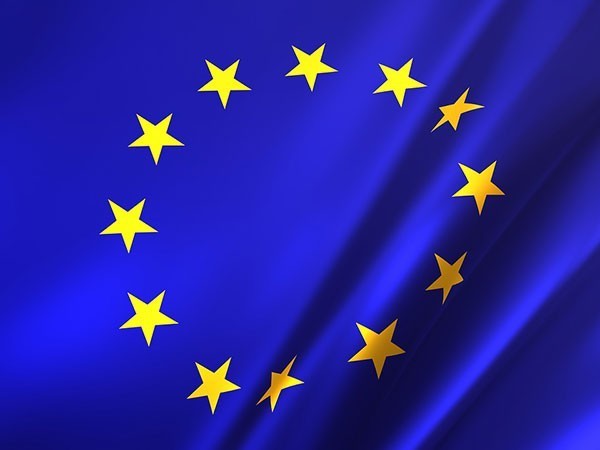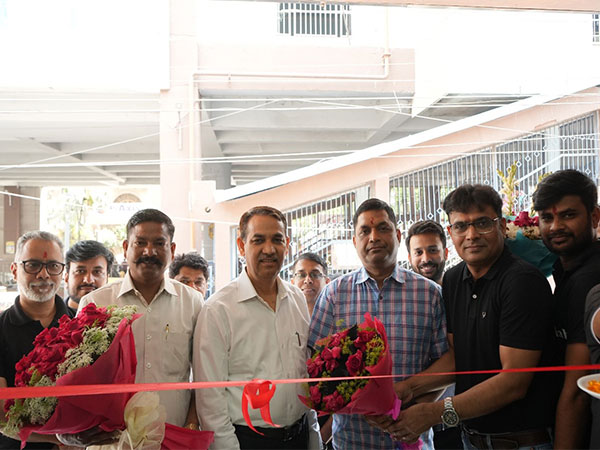
Roundup: EU ministers seek to de-escalate tension over migration
Nov 26, 2022
Rome (Italy), November 26: European Union (EU) interior ministers met in an extraordinary session in Brussels on Friday to discuss options to ease the tension between Italy and France over the fate of illegal migrants who had been rescued at sea near Italy but not allowed to land in Italian ports.
The issue came to a head earlier in November when Italy turned away the Ocean Viking, a rescue vessel that carried 234 African migrants saved from drowning in the Mediterranean Sea while trying to reach Europe's shores. In the end, France accepted these migrants but has criticized Italy for not doing so.
Italy has recently toughened its stance on accepting migrants who try to cross European borders illegally.
The case of the Ocean Viking is the latest episode in a long-standing debate among EU countries about how to share the responsibility of handling migrants bound for Europe from poor and war-torn countries in Africa and the Middle East. Most of these people decide to embark on a dangerous journey to Europe to avoid genocide, the devastating effects of climate change, and economic hardship.
Margaritis Schinas, vice president of the European Commission responsible for migration and security issues, said Friday's meeting was intended to help member states to work toward a "comprehensive structural European framework for migration and asylum."
"We should work, not on a crisis-by-crisis or ship-by-ship basis, but on a single framework," he said on social media.
According to Stefano Amadeo, a professor of European Union Law at the University of Trieste in Italy, reaching an agreement is among the toughest challenges facing the 27-nation bloc.
"The European Commission is the only entity that can (take the lead in) working toward a unified response to this problem and it is doing that. But it will take time and (a lot of) effort to develop and finalize binding regulations on migration," Amadeo told Xinhua.
He noted that the European Agenda on Migration, launched in 2015, called for financial solidarity towards border countries that receive the most asylum seekers, including Italy, Greece, Spain, and Malta, and for policies to facilitate relocating migrants throughout the EU once their requests for asylum have been processed.
But efforts to update those guidelines and turn them into binding rules applicable in all 27 member states have proved to be a slow process, he said. "There is talk of concluding the revision of the existing standards by the end of the term of the current European Parliament in 2024," he said.
In the meantime, the problem is likely to intensify. According to recent data from the European Commission, around 90,000 migrants have so far this year arrived in Europe via the Central Mediterranean Route from Africa, mostly landing in Italy and Malta.
This figure is lower than the average of 170,000 migrants per year arriving in Europe between 2014 and 2015, but it is still an increase of around 50 percent compared to the same period in 2021.
With political, economic, and climate conditions in Africa and the Middle East worsening, the consensus from media reports is that the number of people willing to take the treacherous journey across the Mediterranean will grow in the coming months and years.
Source: Xinhua






